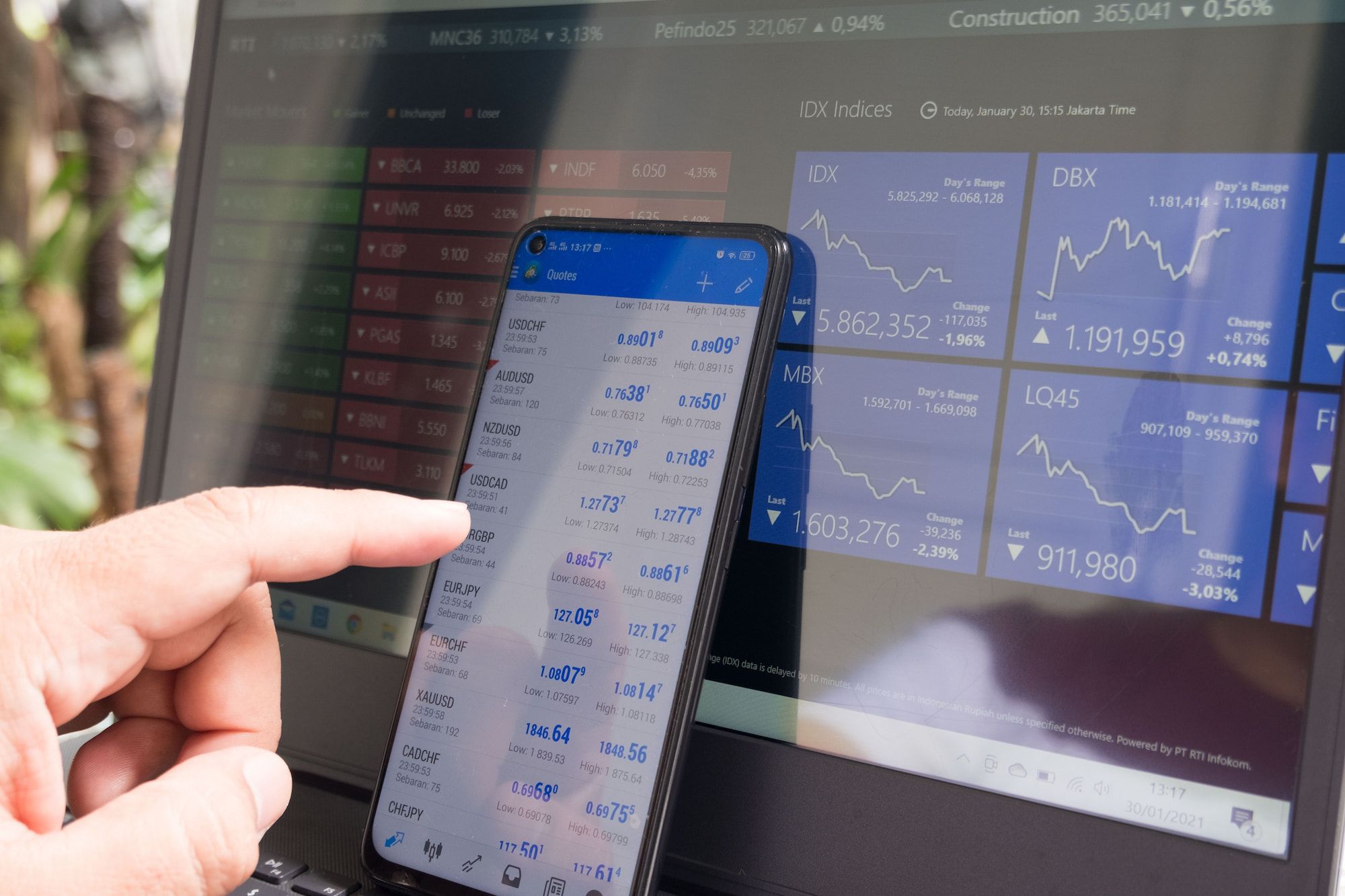A question I had when I started trading was "are funded trading programs right for me?"
Once you've been trading for a while and start gaining some level of consistency, it's natural to think how you can scale up your trading and this is probably going to lead you to come across prop-firms.
In this article I wanted to outline my experience as previously being a funded trader and provide an honest overview of my experience with the hope to provide some transparency in an industry that is unfortunately ripe with mis information.

What exactly is a prop firm?
If you haven't come across the term prop-firm, it's short for proprietary trading firm which just means that a group of traders are trading a companies capital. These days there are tonnes of remote prop firms that allow experienced traders who fit a certain criteria to trade the firms capital.
When should I apply for a funded program?
The first step to take before considering funded trading opportunities is to honestly ask yourself if you're consistent.
Obviously, this is a huge one in trading, but in the context of scaling your trading, without a decent-level of consistency you're going to really struggle to get funding, so it's really important to refine your trading process even with a smaller account.
So in my experience, before even considering the best prop firm for, I took the better part of a year focusing on gaining consistency on a sub 1k account. Refining my strategy, psychology and documenting every trade I took to build a solid set of data.
Secondly, it's important to keep in mind that any funded trading program you join will take a cut of the profits you make. This can range from 30% to 50%, so if you have a significant enough amount of capital at your disposal (10k upwards in my opinion), you would be better off growing your own account via trading then trading for a prop-firm.
But, on that note you could always do both and for many consistent traders including myself, this would be a desirable position to be in as you could take an income from the prop-firm and compound a large personal account over-time.
How to find the right prop firm for me?
So, it's probably unsurprising that I'm going to say make sure to really do your research.
Different firms have different criteria that need to be met and usually this centres on the percentage you can return in a given time period without taking excessive risk. So finding a firm that best fits your trading style is one of the main things you should take away from this and it was a mistake I made when searching for funding.
In my case, regrettably I initially didn't do this and went straight for the FTMO 25k challenge which is the most popular remote prop firm out there.
After failing to meet the the criteria (10% in 30 days for the so called 'normal' risk account), I learnt a hard lesson and, to be fully transparent I nearly gave up on trading completely at this stage in my journey. However, as I mentioned I had collected a large enough amount of data over the last year on my personal account, that I felt confident that I could scale a larger sum of capital.
So I went back to the research stage and came across The 5%ers Funded Forex program and took a week or two to really dive deep and fully understand the requirements and constraints and cross check this with the data set I had built up.
With the longer timeframe (180 days), the more realistic profit target (6%). the generous scaling plan (double initial account capital for every 10% returned) and the unrestricted trade conditions (overnight holds, over weekend holds, news trading etc.) seemed like the perfect fit for my trading style.
Last words
So overall, if you're really serious about trading but are just missing the capital, prop firms and the funding options they offer can provide a good solution for this. However, it's important to note that the criteria is often unforgiving and can be frustrating to have such limitations regardless of how successful and consistant you are as a trader.
However, as I have hopefully outlined in this article, it's really important that you have enough depth of experience both on the technical and psychological side of things before embarking on your funded trading journey. Because otherwise, a better approach would be trading the capital you would otherwise be spending on your funded trading program and using that to refine your strategy and mindset. Without that, I would say it's too early in your trading journey to consider funding at this point and always remember that serious trading is a long-game and once you're at the point of consistency, the capital and the ability to scale capital is easily accessible.
UPDATE: For me personally, I made the decision to step away from prop-firm traded as I found the restrictions and competativeness of the scaling plans to be misaligned with the way I approach portfolio management and investing.
